Octopus Lab, true to its culture of innovation, imagines solutions every day to make buildings more environmentally friendly.
Every day, our team of expert researchers studies, tests, experiments, models and explores new ideas for the future buildings.
The INCA-Indoor© model is an algorithm unique in the world, use for simulating indoor air pollution.
It simulates the concentrations of pollutants in the gaseous and particulate phases in a room by integrating all the physico-chemical phenomena that occur there.
INCA-Indoor© has a chemical mechanism that deals with the interactions of over 900 chemical species, including 650 volatile organic compounds (VOCs), inorganic species (O3, NOx, etc) and small particles. It describes all the physico-chemical phenomena that can occur in indoor air.
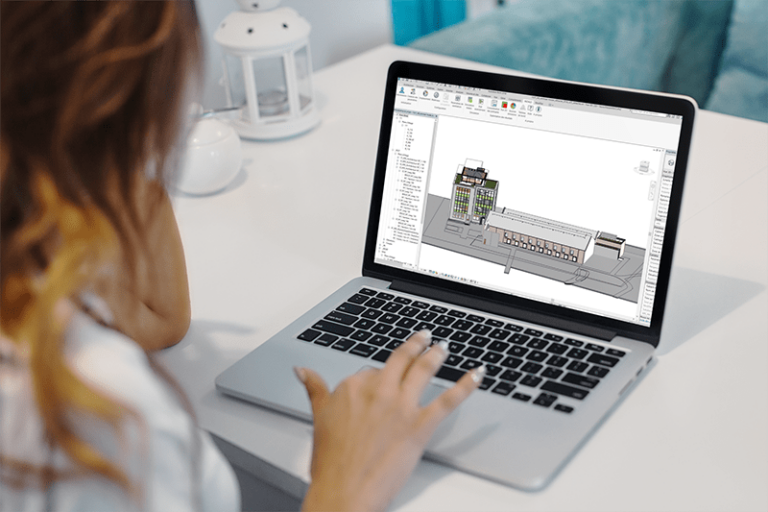
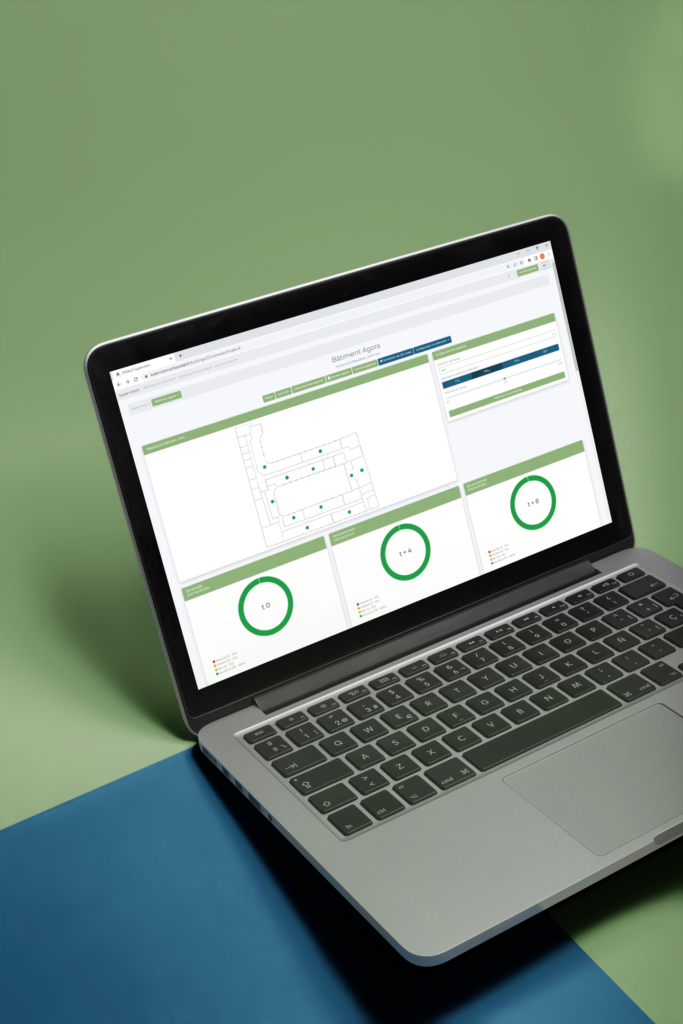
Using your building’s technical data, we create an AI that will understand your building’s behaviour. We combine this intelligence with our INCA Indoor© technology. And that’s when the magic happens !
This unique combination enables us to predict your building’s indoor air quality over the next 24 hours.
But above all, it allows you to control your HVAC systems based on these predictions to maximise your building’s energy efficiency.
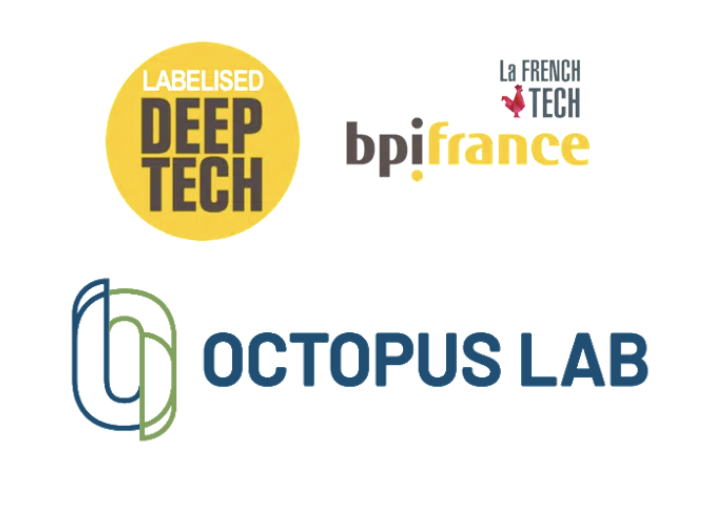
BPI France has awarded Octopus Lab the label as a young innovative company called Deep Tech, that is to say it develops disruptive solutions based on advanced research and cutting-edge technologies.
This certification is a clear recognition of our internal research work and our collaborative work with university laboratories (CNRS, CEA, Mines Paris Tech, University of Strasbourg, University Savoie Mont Blanc, etc.). It provides long-term financial support for research made by Octopus Lab. In this way, we continue to improve our solutions and services but above all the creation of new technological bricks that will allow us to design the building of the future and to always improve the carbon footprint and environmental impact of the construction sector.
We put our expertise and knowledge at the service of research projects.

Approche multicritères pour un bâtiment résilient et sain
AMBRES is the french acronym for “Multi-criteria approach for a resilient and healthy building”
The AMBRES project aims to assess the impact of solutions for reducing energy consumption and greenhouse gas emissions on indoor air quality (IAQ) and their ability to meet the challenges of the future buildings.
The project brings together 3 well-known private research laboratories in the field of energy performance (NOBATEK/INEF4, ENGIE) and IAQ assessment (Octopus Lab), and an academic research group (the ‘Energy, Air Pollution and Climate’ group of the LIVE UMR 7362 CNRS/University of Strasbourg).
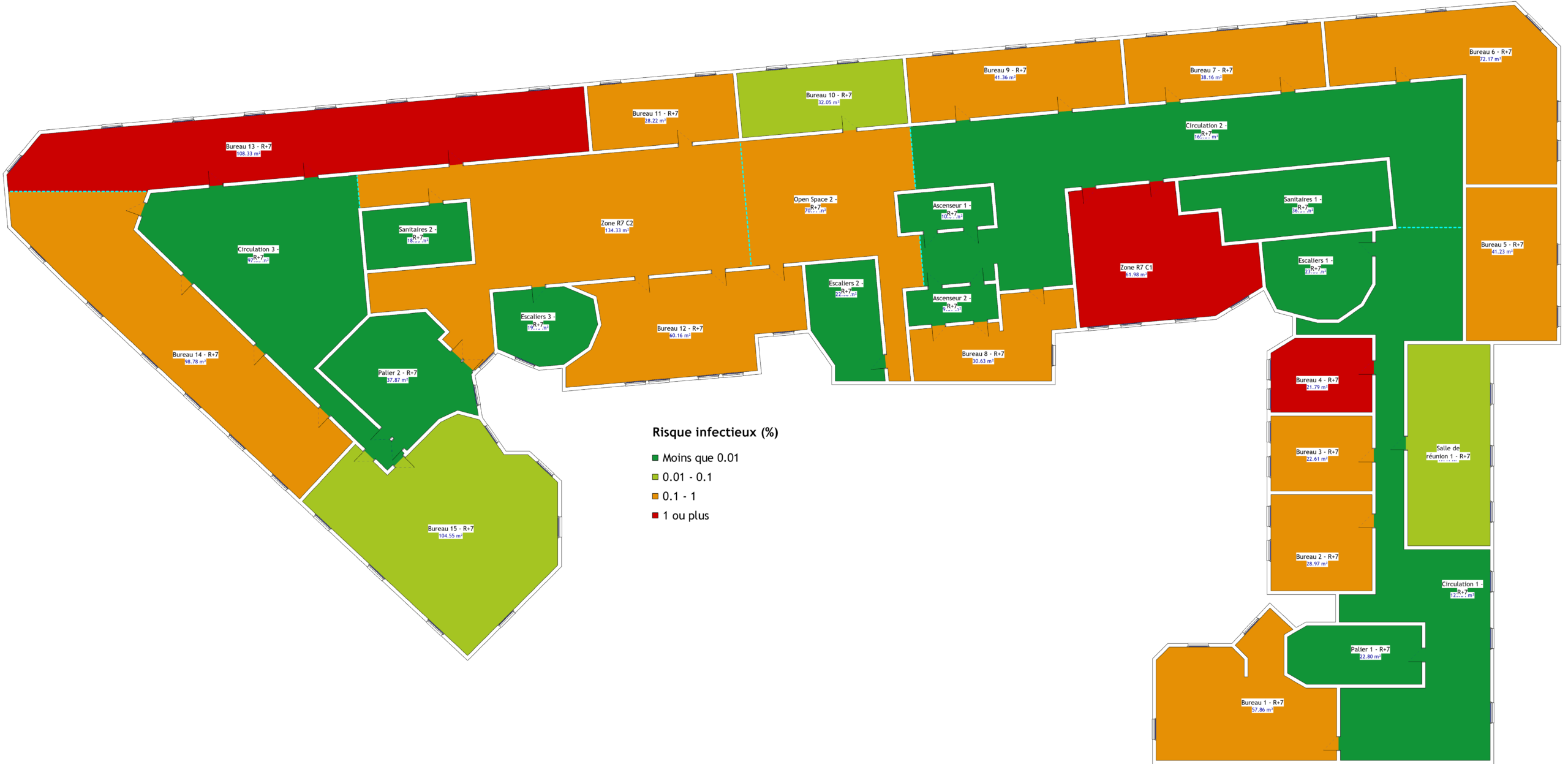
When COVID 19 broke out in Europe, we included the possibility of assessing the risk of viral contamination within a building.
We based this on a 2017 study carried out by the Boeing Research Department and a Hong Kong university into the contamination of passengers on commercial flights. Using this data, we adapted INDALO to include a calculation of the risk of transmission between occupants.
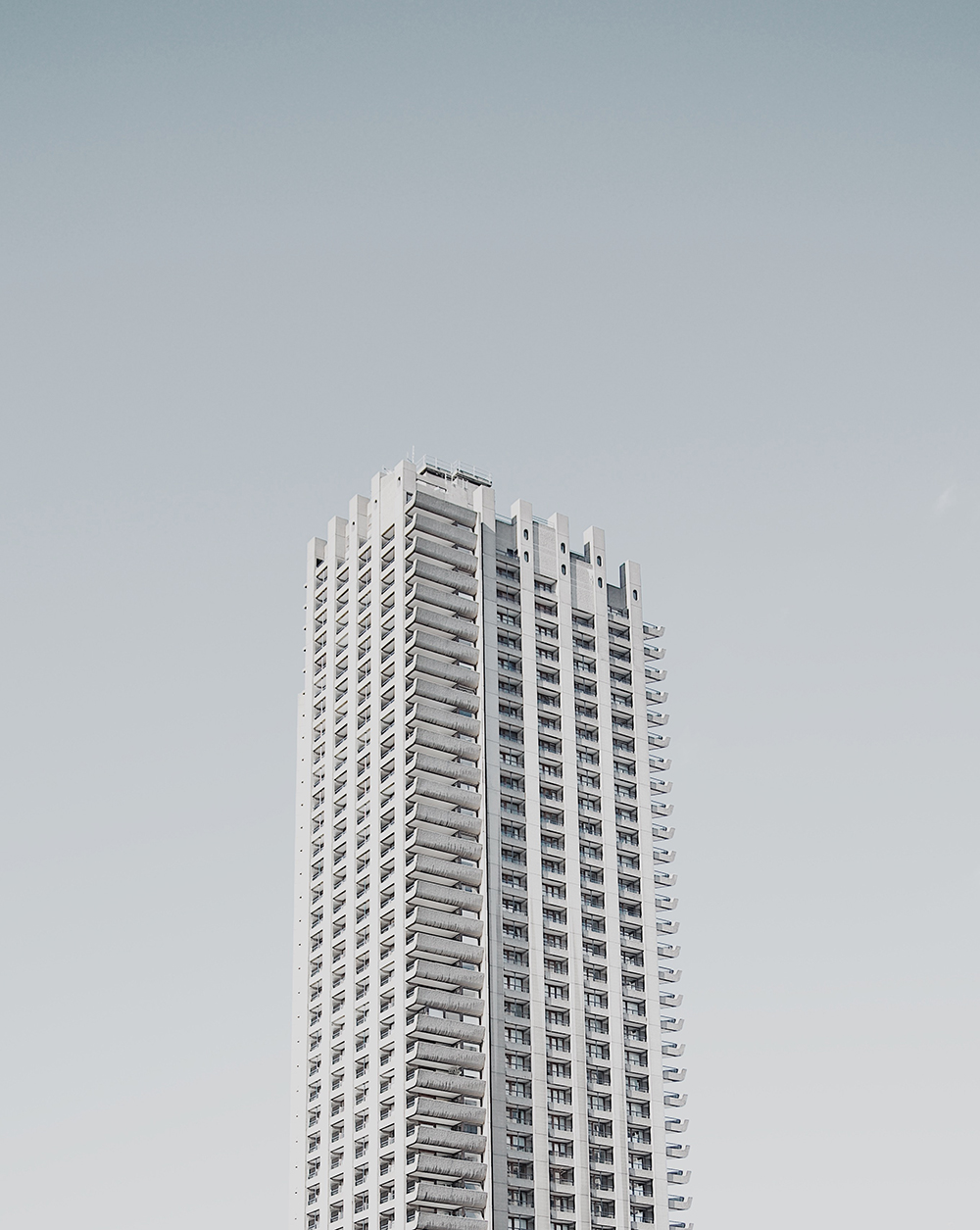
The aim of the TERScIAirE project, supported by ADEME and two French manufacturers, is to propose an air purification strategy for buildings in the tertiary sector, the operating protocol of which is based on characterising the link between outdoor air quality and indoor air quality, taking into account ventilation, the quality of the envelope (infiltration, permeability…) and the occupancy of the building.
(infiltration, permeability, etc.) and building occupancy.
The results of this project will make it possible to bring technical support and decision-making guides for those involved in air quality in tertiary buildings and for public authorities during the renovation of an efficient building in anticipation of the RE2020 standard, and then to implement measures for installing regulated purification systems in buildings.

Bonjour ! C'est nous, les cookies 🍪
Nous sommes chargés de compter le nombre de visites sur ce site internet. Nous aidons énormément les personnes qui travaillent ici, car nous leur permettons d'améliorer le contenu du site internet mais aussi de rendre votre visite plus agréable.